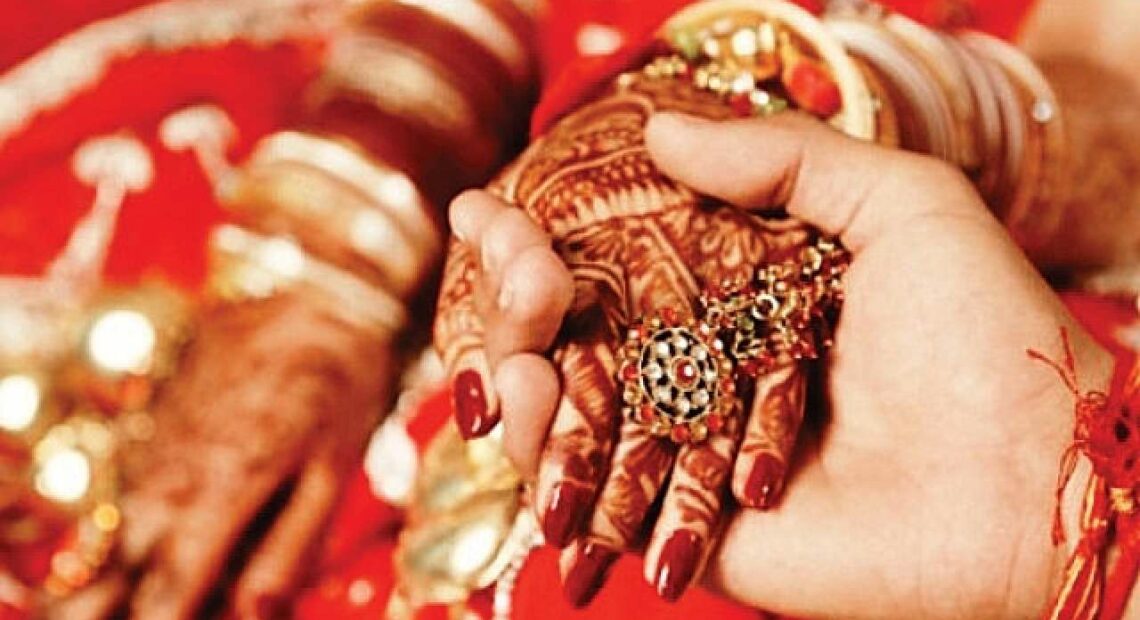According to the Hindu Marriage Act, the Karnataka HC, refraining from having sex is cruel

According to the Karnataka High Court, the Hindu Marriage Act of 1955 considers withholding sex to a wife to be an act of cruelty.
The Karnataka High Court dismissed a criminal complaint against a man and his parents on Monday and stated that while not having a physical contact after marriage does not constitute cruelty under the Hindu Marriage Act, it does.
In accordance with IPC section 498A and Section 4 of the Dowry Prohibition Act, 1961, the man’s wife filed the lawsuit in 2020.
The pair was together for just 28 days before getting married in December 2019. In February 2020, the wife filed a lawsuit. Although the in-laws were included in the complaint, the wife’s major criticism of her Brahmakumari devotee husband was made.
The complainant said that her spouse would repeatedly view films of a Brahmakumari sister.
Additionally, he would express to his wife his disinterest in sexual interactions and his belief that soul-to-soul love is preferable to physical love.
On the other side, the in-laws were charged with pressuring their son and demanding a dowry at the time of the wedding.
Similar processes led to the family court’s decision to declare the marriage null and void following the wife’s petition. The top court emphasized that the ruling was founded on the husband and wife not having a physical relationship. In a plea to the high court, the husband and his parents contested the charges brought against them for violations under IPC section 498A and Section 4 of the Dowry Prohibition Act.
According to Section 498A of the IPC, anybody who submits a woman to cruelty while they are the husband or a relative of the husband is subject to a fine as well as a period of imprisonment that may last up to three years.
In the meantime, Section 4 of the Dowry Prohibition Act states that anyone who demands any dowry, directly or indirectly, from the parents, other relatives, or guardian of a bride or bridegroom, as the case may be, will be punished with a term of imprisonment that must not be less than six months but may not exceed two years, as well as a fine that may not exceed Rs 10,000.
The parents did not remain with the couple, the supreme court noted.
The court additionally noted that neither the complainant’s wife nor the chargesheet described any occurrence or incident that would have qualified as an element of IPC section 498A during the 28 days the couple shared a residence.
Justice M. Nagaprasanna stated that the husband’s main grievance was that he never planned to have a physical relationship with his wife.
“This would surely qualify as cruelty under Section 498A of the IPC because the marriage was not consummated as required by Section 12(1)(a) of the Hindu Marriage Act. The complainant was given a divorce on the basis of such cruelty, and the criminal procedures cannot continue on the same premise, according to Justice Nagaprasanna.
Picture Courtesy: Google/images are subject to copyright








